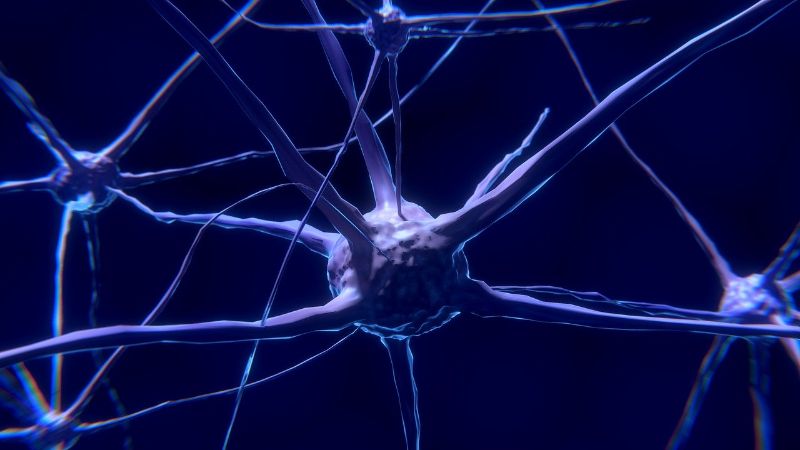
Biohaven Pharmaceutical has reported that troriluzole missed the primary endpoint of the Phase III clinical trial conducted in generalised anxiety disorder (GAD) patients.
Troriluzole is a prodrug designed to restore synaptic levels of glutamate to normal. Performed at more than 45 US sites, the eight-week Phase III trial evaluated 100mg twice-daily dose of the drug as monotherapy in a total of 402 adult patients.

Discover B2B Marketing That Performs
Combine business intelligence and editorial excellence to reach engaged professionals across 36 leading media platforms.
According to the trial results, the drug failed to demonstrate a significant difference in the mean change on the Hamilton Anxiety Rating Scale (HAM-A) from baseline to eight weeks of treatment, compared with a placebo.
Patients treated with troriluzole experienced a -9.28 points mean improvement change on the HAM-A total score from baseline, compared with -9.35 points with placebo.
Biohaven Pharmaceutical CEO Vlad Coric said: “While these efficacy results were disappointing and do not support continued development of troriliuzole as a monotherapy in GAD, we have multiple ongoing studies evaluating troriluzole in other disease indications and with different dosing paradigms.
“Since it is often difficult to predict clinical outcomes from preclinical and early clinical proof of concept studies, our strategy has been to test troriluzole in four distinct disorders where glutamate has been implicated in the underlying pathophysiology of the illnesses.”

US Tariffs are shifting - will you react or anticipate?
Don’t let policy changes catch you off guard. Stay proactive with real-time data and expert analysis.
By GlobalDataApart from GAD, the drug is being studied as an adjunctive therapy in obsessive-compulsive disorder (OCD) and symptomatic treatment of Alzheimer’s disease and Spinocerebellar Ataxia (SCA).
A 280mg dose of the drug passed an interim futility analysis in a Phase II/III Alzheimer’s trial, following six months of treatment in 100 participants. Data from this trial is expected in the fourth quarter of this year.
Results from the OCD trial and SCA study are set to be available in the second quarter of this year and next year, respectively.





